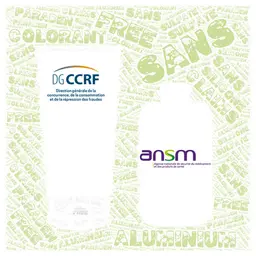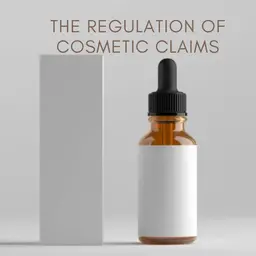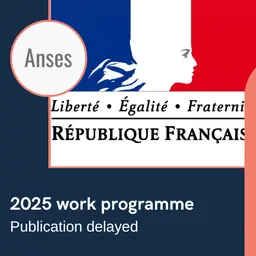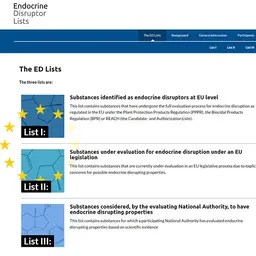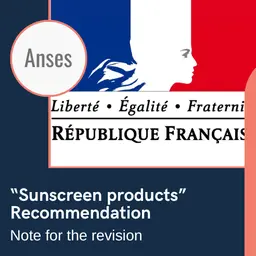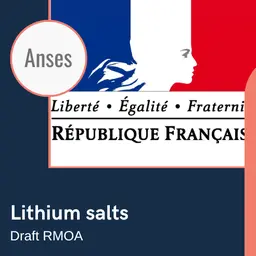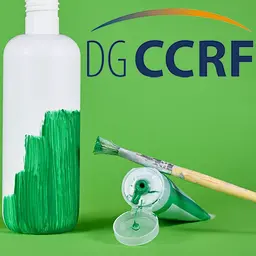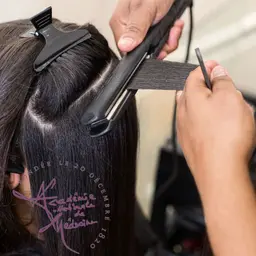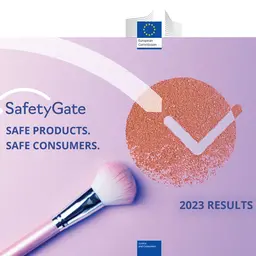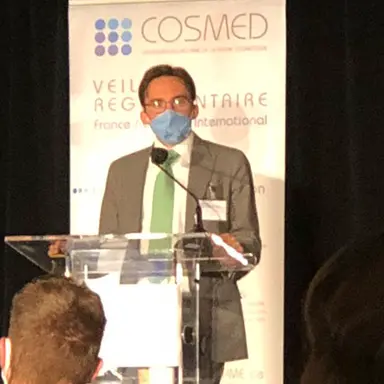
During the Regulatory Meetings organised by Cosmed on October 1st, 2020, Ambroise Pascal, Head of the Health Products and Personal Services Bureau of the DGCCRF, and Marie-Caroline Furon, editor in charge of cosmetic products, gave an update on their market control campaigns, and in particular on the regulatory compliance of claims and their misleading or unjustified nature, by specifying and explaining what is authorised and what is not.
In 2019, the DGCCRF’s control programme had three components:
• “Organic” and “Natural” claims (truthfulness of claims, labelling of allergens, etc.)
• Quantities sold of perfumes and vegetable oils with high added value (metrology at the packaging and storage stage)
• Products containing titanium dioxide and iron oxide (illegal use of nanomaterials in make-up products…)
Report on controls 2019
Within this framework, 1,257 establishments were controlled. 43% had at least one anomaly, in particular:
• Non-compliance of labelling: 24%
• Absence or incompleteness of the PIF: 23%
• Misleading or unwarranted allegations: 16%
The majority of the follow-up actions implemented were educational and corrective, with:
• 298 warnings
• 203 compliance injunctions
• 60 penal reports
During this campaign, 395 products were analysed. A third of them were found to be non-compliant or non-compliant and dangerous, mainly for reasons of labelling (in particular allergens or preservatives), the presence of prohibited substances (nanos, Methylisothiazolinone, etc.) or substances present above the authorised thresholds.
The anomalies most often noted:
• Non-compliance of labelling: [nano] suffix not present for nanomaterials, list of ingredients not visible or not readable…)
• Shortcomings in relation to the PIF (failure to take into account traces and impurities of …

